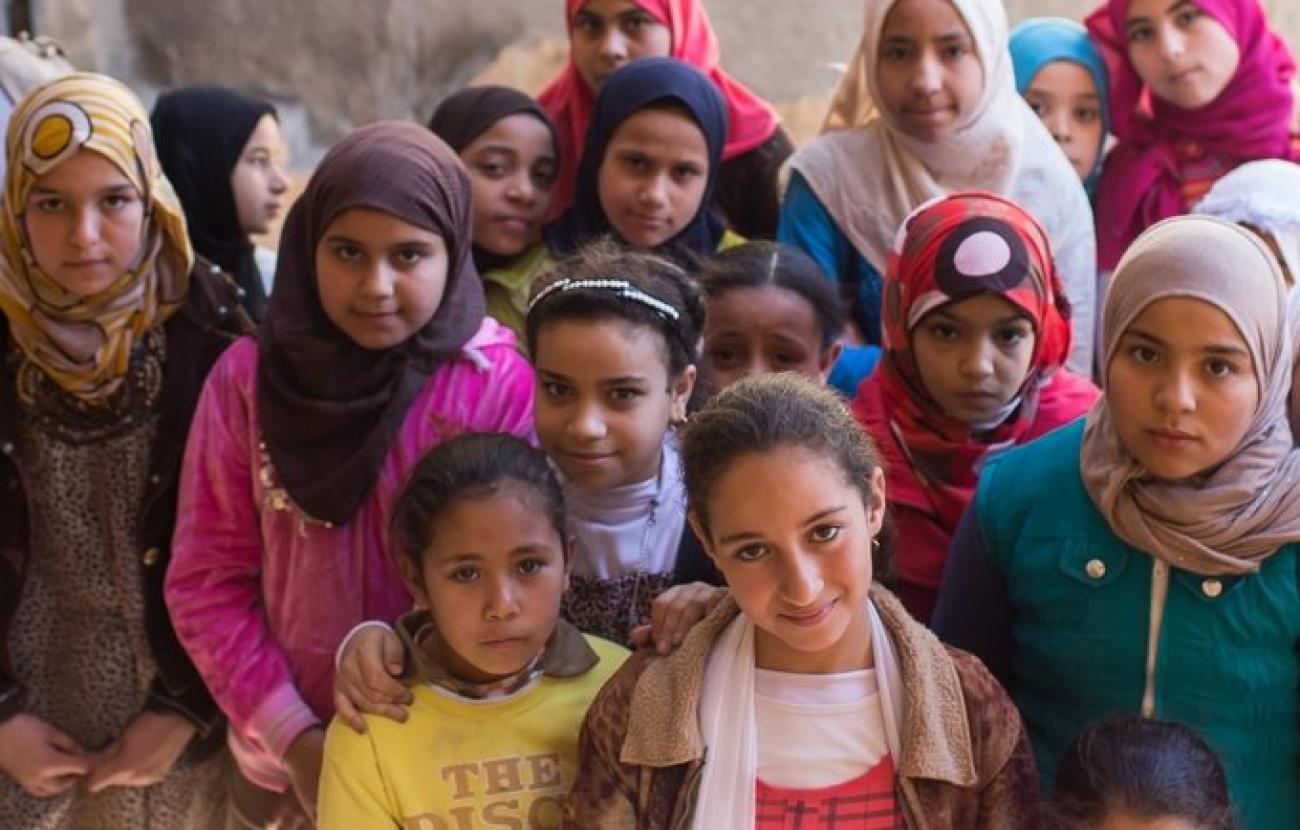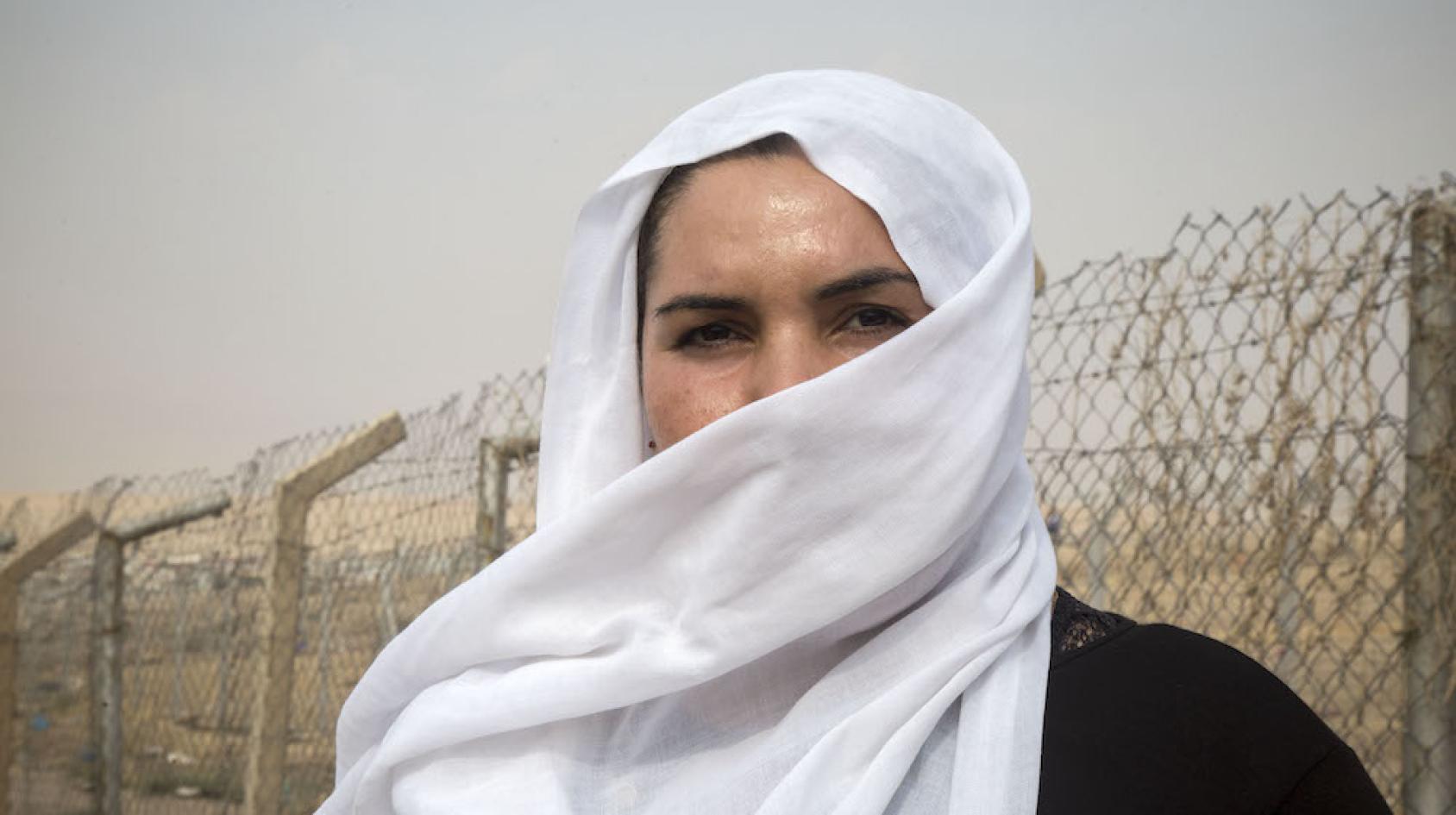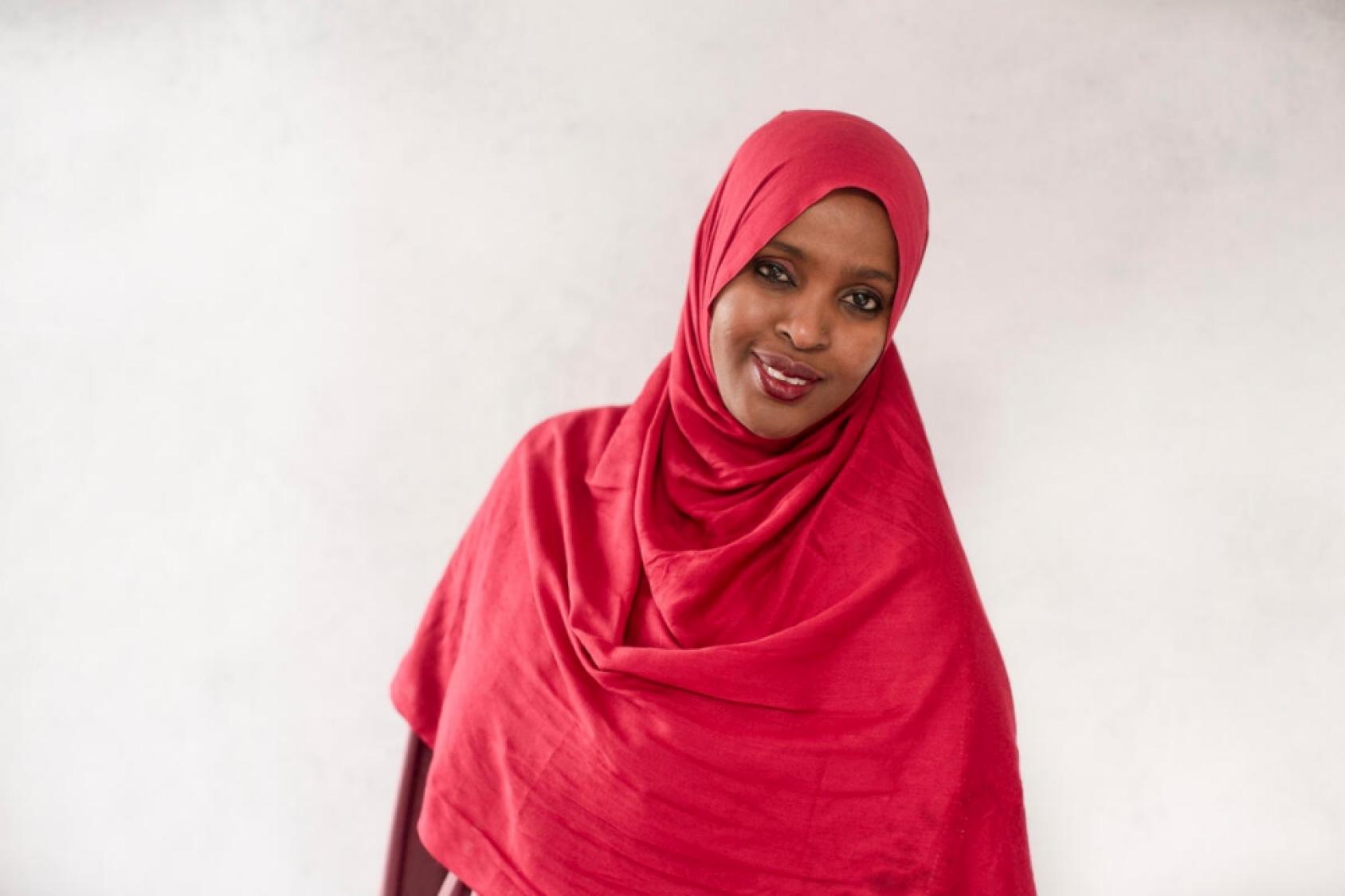Survivors lead the movement to end FGM in the Arab States

Dania* was seven years old when one morning, her mother told her, “Come with me, we need to go to the bakery.”
But it was a ruse.
Dania recalls, “When we arrived at the bakery, my mom took me to the back room where there was an old stove. I saw an old woman holding razor blades.”
The woman, known informally as a “cutter,” was there to remove Dania’s external genitalia. It’s a procedure that is done to over 4 million girls around the world every year, most of them under the age of 15. This procedure is known—euphemistically—as “female circumcision.” But the formal name of “female genital mutilation,” or FGM, captures the painful and lasting effects.
“I remember that old woman and my mom holding me down. It took a few seconds and I saw blood coming down my thighs. The woman then put coal on my genitalia.”
Dania, who is from northern Iraq, is now 53 years old. But even the intervening decades have not diminished the memory. “I remember everything. The smell, the pain, the screams, and the blood coming down on my thighs.”
The big question—why?

Although it causes such trauma, FGM is prevalent in 30 countries in Africa, the Middle East, and Asia. It has no health benefits, and, as the World Health Organization reports, “can cause severe bleeding and problems urinating, and later cysts, infections, as well as complications in childbirth and increased risk of newborn deaths.” The procedure is typically done without anesthesia, by a doctor, nurse, midwife, or in many cases a local “cutter” with no healthcare training. It is widely recognized as a human rights violation.
Why, if it is so harmful, is the procedure still practiced so widely?
Some parents consider “cutting” a prerequisite for eventual marriage. In other places, such as the Kurdistan region, many view the procedure as essential to protecting the honor of their daughters. The practice also reflects the low status women from these communities holds.
But such broad explanations aren’t enough for people like Dania. “Even today, I don’t understand why I had to go through this experience,” she says. “My mother never justified her actions or felt the need to guide me through this painful process,” she continues.
Stopping the cycle of pain

Thousands of miles away from Dania lives another survivor of FGM. And like Dania, the day of her cutting left a lasting impact.
Ifrah is from Somalia. But she fled the violence of her native country, reaching Ireland in 2006. There, she claimed asylum. A medical check followed.
“The hospital did not really understand what female genital mutilation was,” says Ifrah. “They were asking so many questions like, ‘How did you get injured?’ ‘Who did this to you?’”
It would have been natural for Ifrah to focus on building a new life for herself. Instead, she decided to try to save others from FGM.
“I understood that the other young refugees or asylum-seekers did not want to speak out [against FGM],” says Ifrah, “so I took the lead.” She established The Ifrah Foundation in 2010 to advocate for ending FGM in Somalia.
As prevalent as FGM is, it may become only more so in the coming years because of the pandemic. Two million additional cases may occur over the next decade as COVID-19 forces schools to close and disrupt programmes that protect girls, according to UNICEF.
Ifrah is concerned that, during the pandemic, “FGM has increased in Somalia, especially among the displaced.” Far from slowing her down, the pandemic has only made Ifrah feel the urgency of her work. So, while caring for her young daughter, Ifrah is also dedicating as much of her time as possible speaking to the media and taking part in international virtual events to raise awareness on the scourge of FGM.
Therein lies some of the hope in the campaign against FGM. People around the world who have survived the procedure are dedicated to combat and ultimately end the practice.
“When I look at [my daughter],” says Ifrah, “I feel I will never ever allow anyone to harm her. Having her — it makes me stronger.”
* Name changed to protect the identity of the interviewees.
This story is based on three articles originally published on the UNFPA and UNHCR websites, with editorial support from Elie Baaklini and Paul VanDeCarr of the United Nations Development Coordination Office (DCO) in New York.
UNFPA and UNICEF are supporting initiatives to end FGM in the Arab States region and worldwide, organizing communication campaigns that engage the media, religious leaders, and other influencers to speak out against the practice. UNHCR in Somalia is raising awareness among young parents about the health risks and human rights violations of the practice to women and girls.













